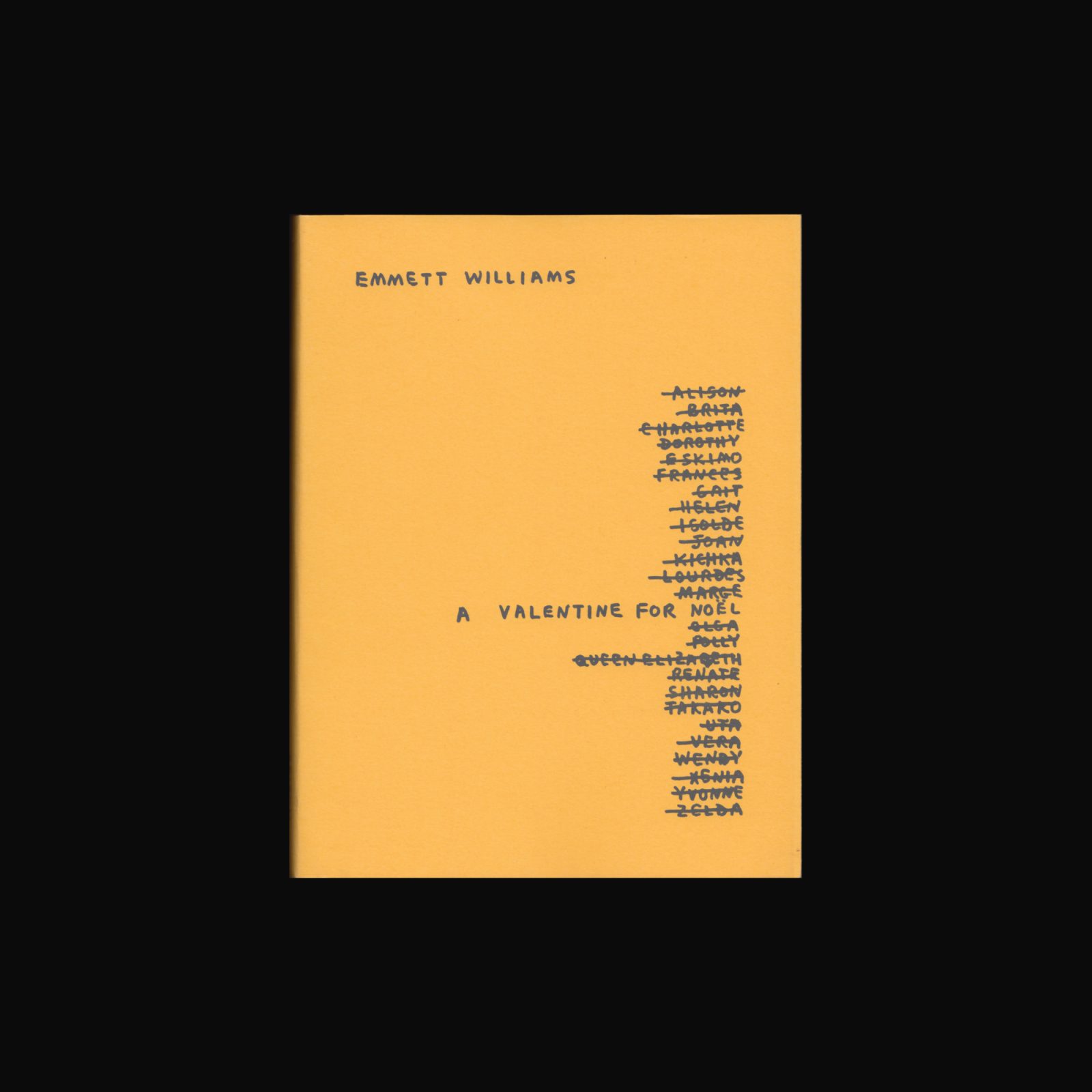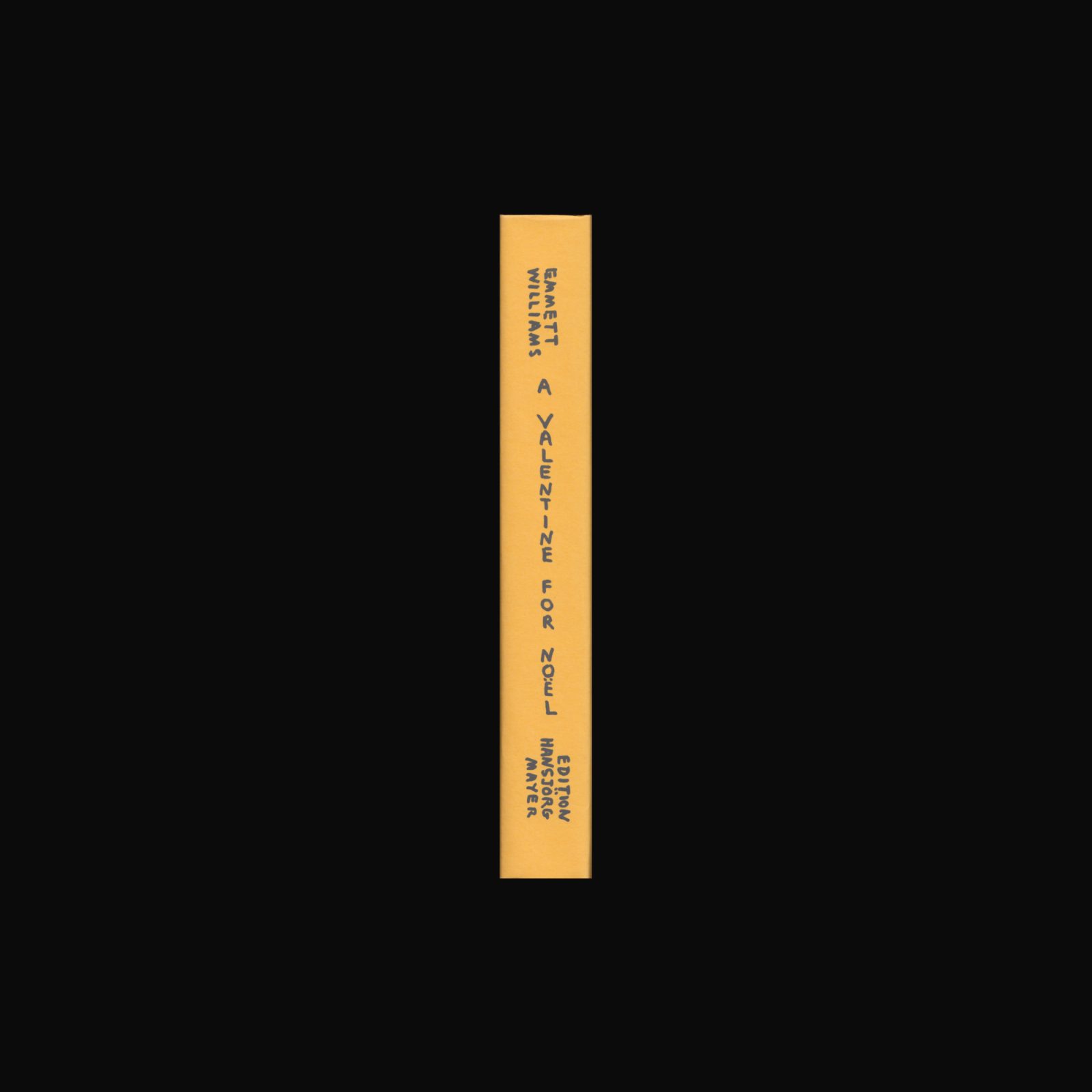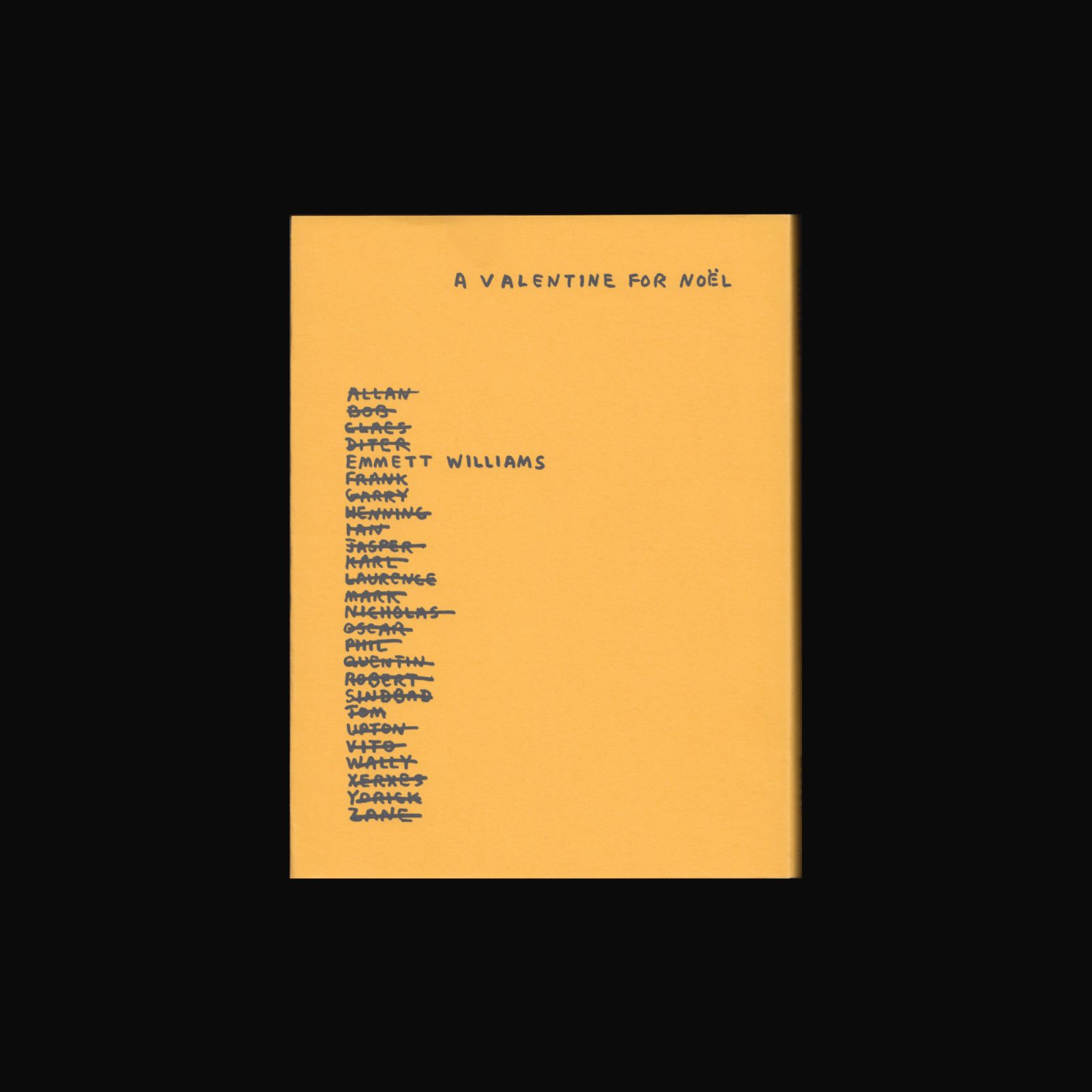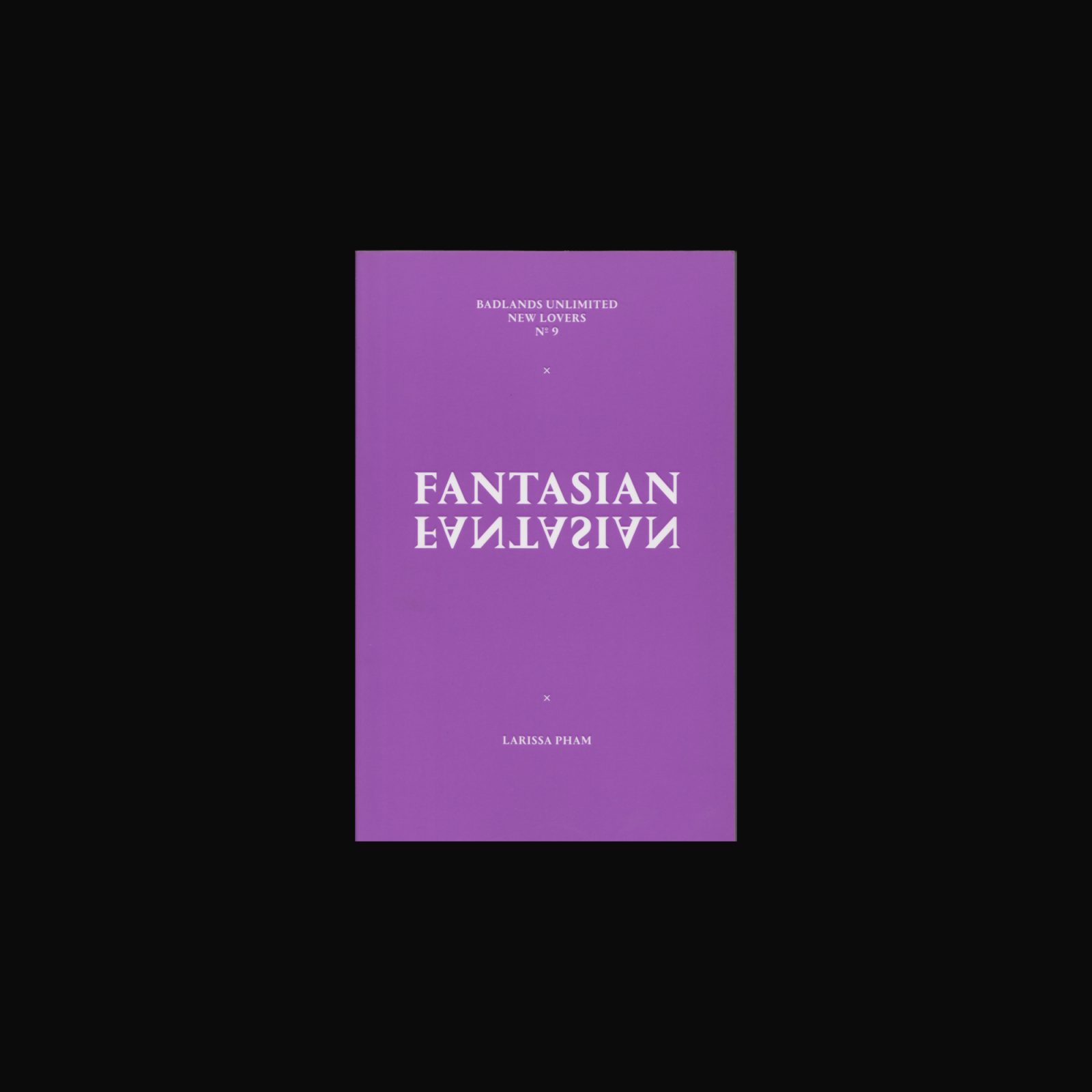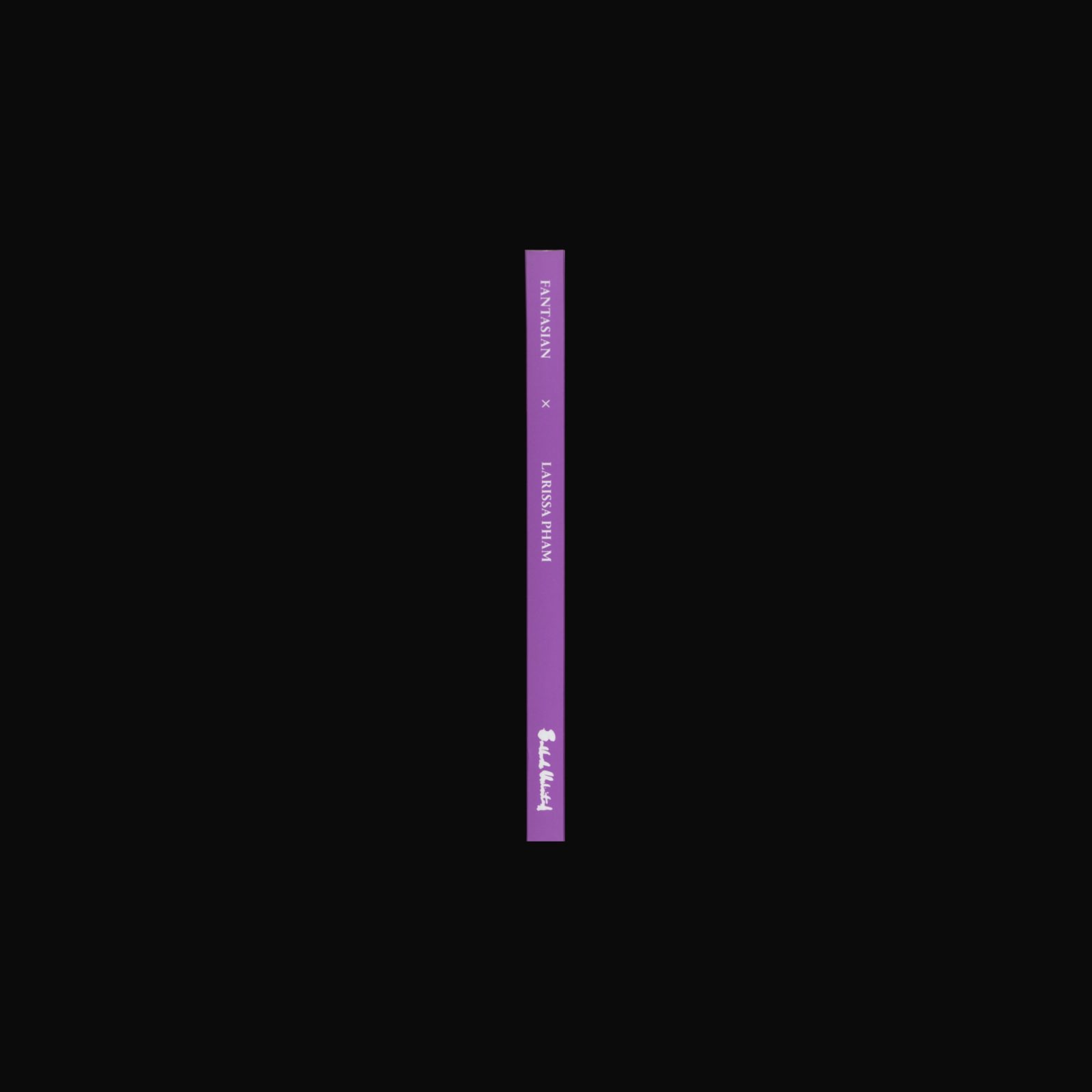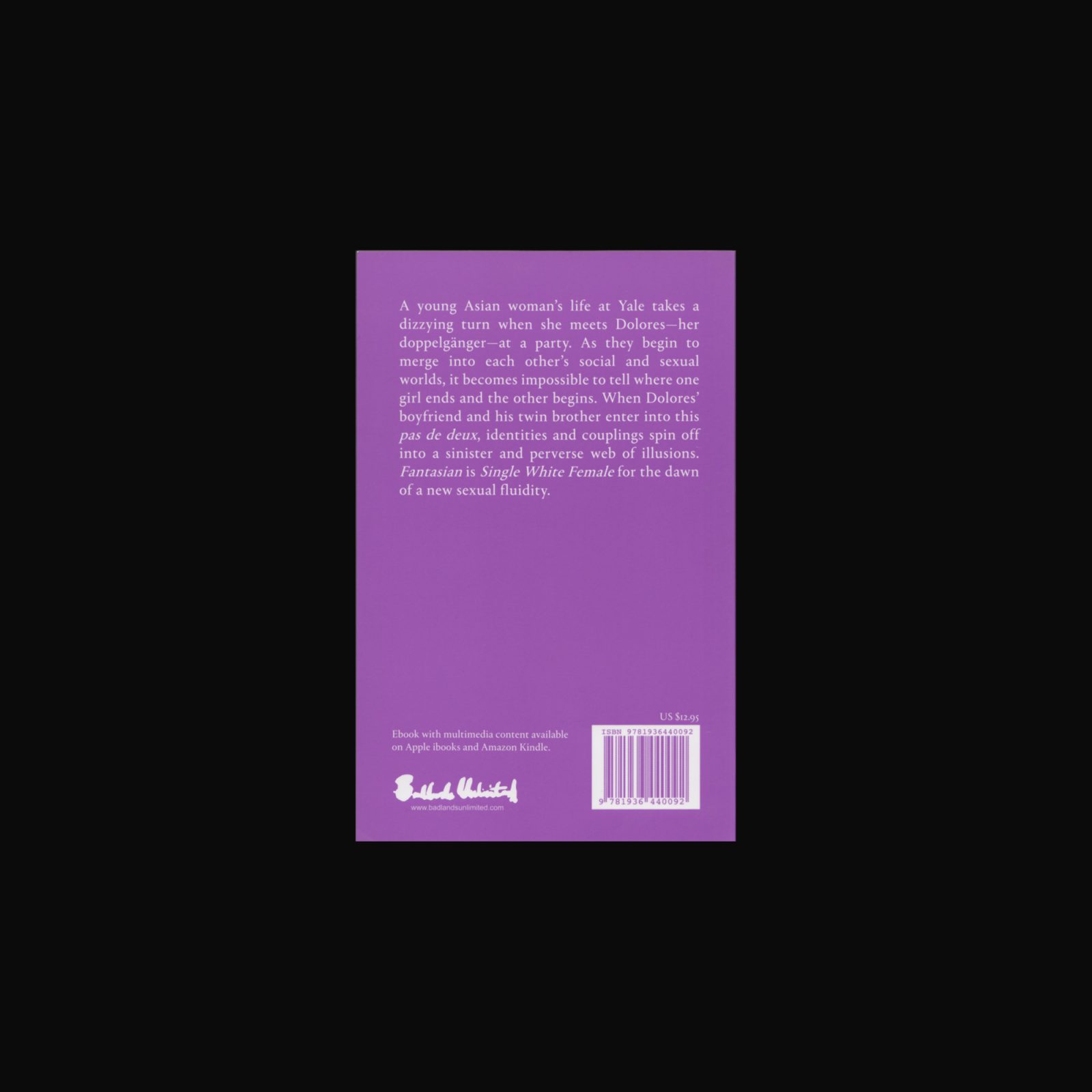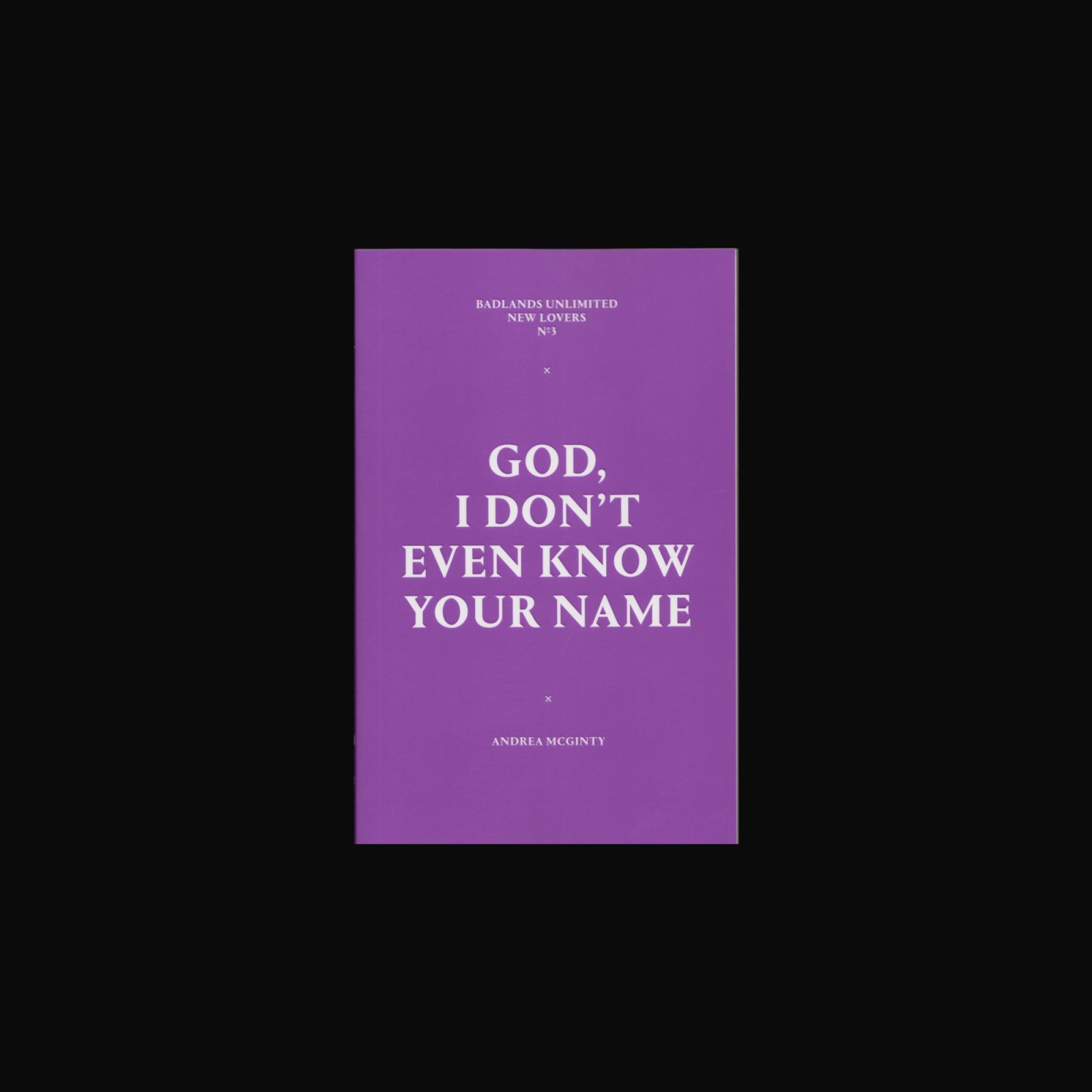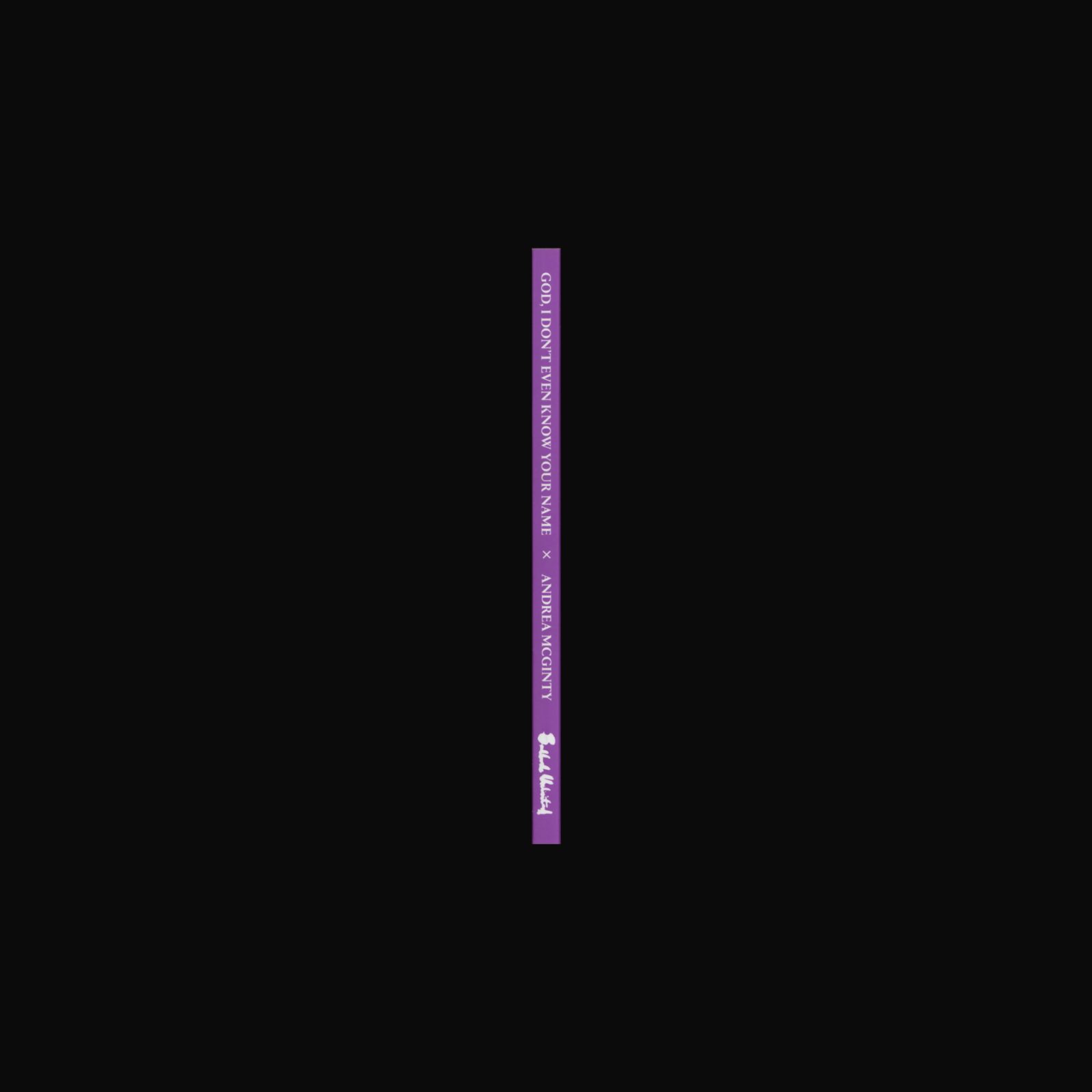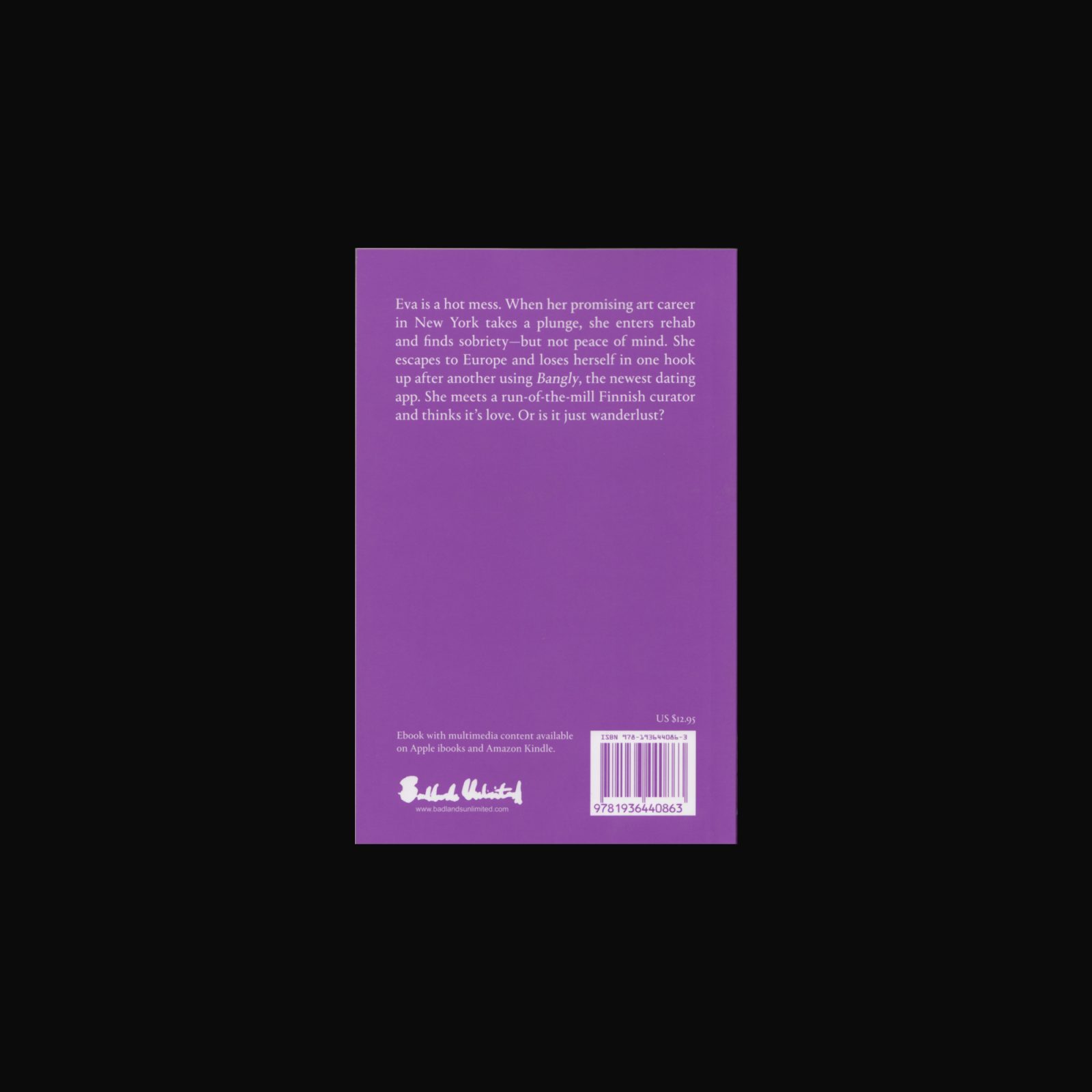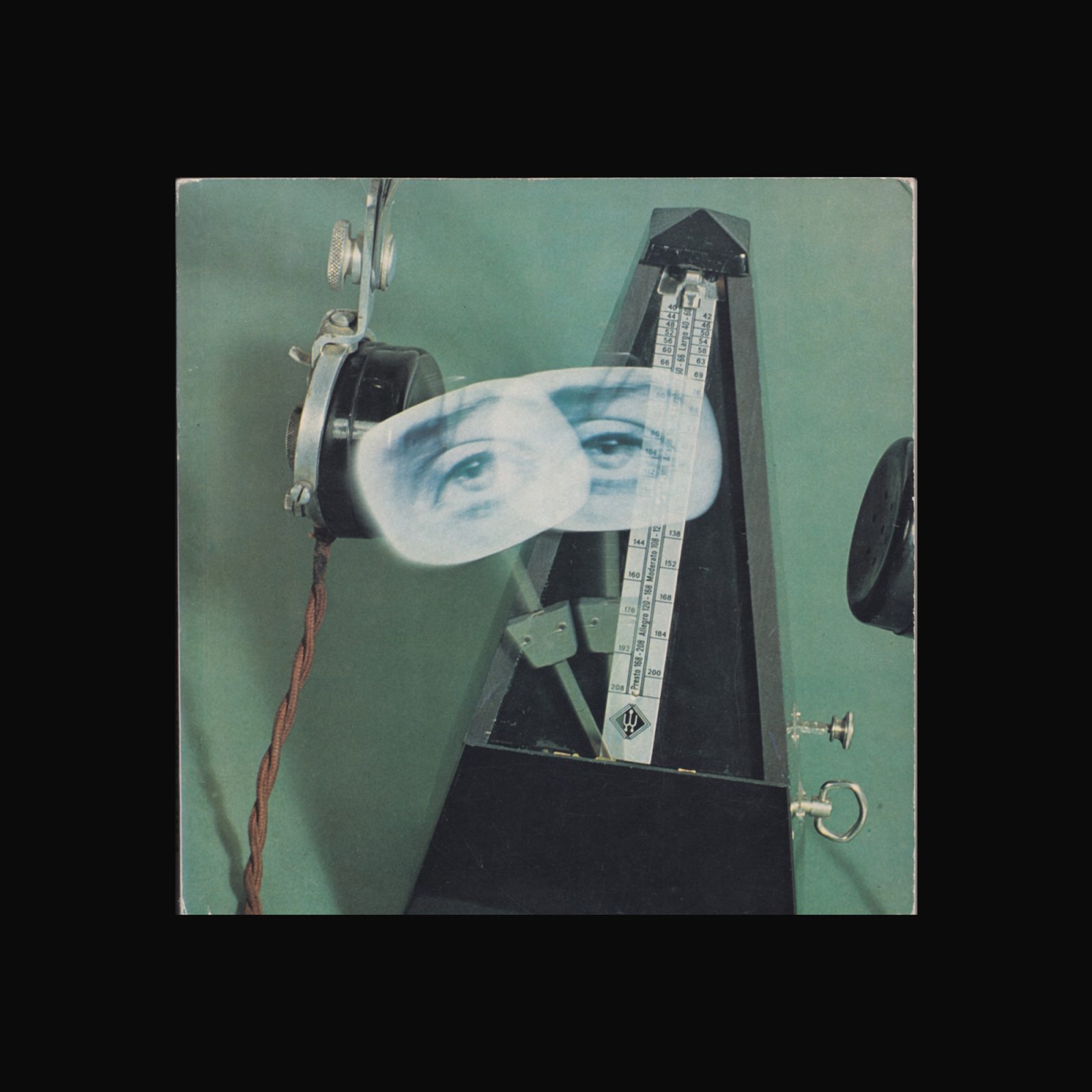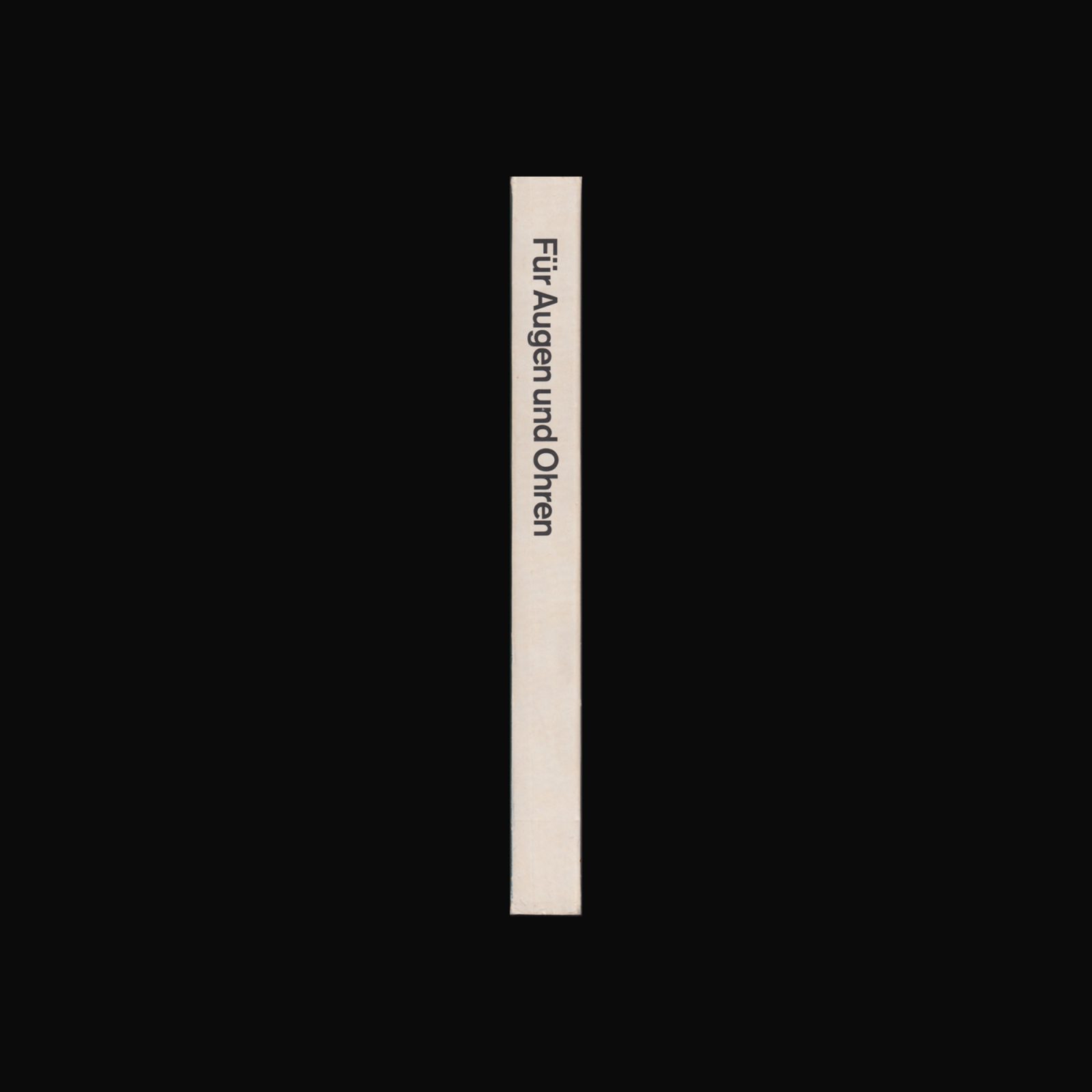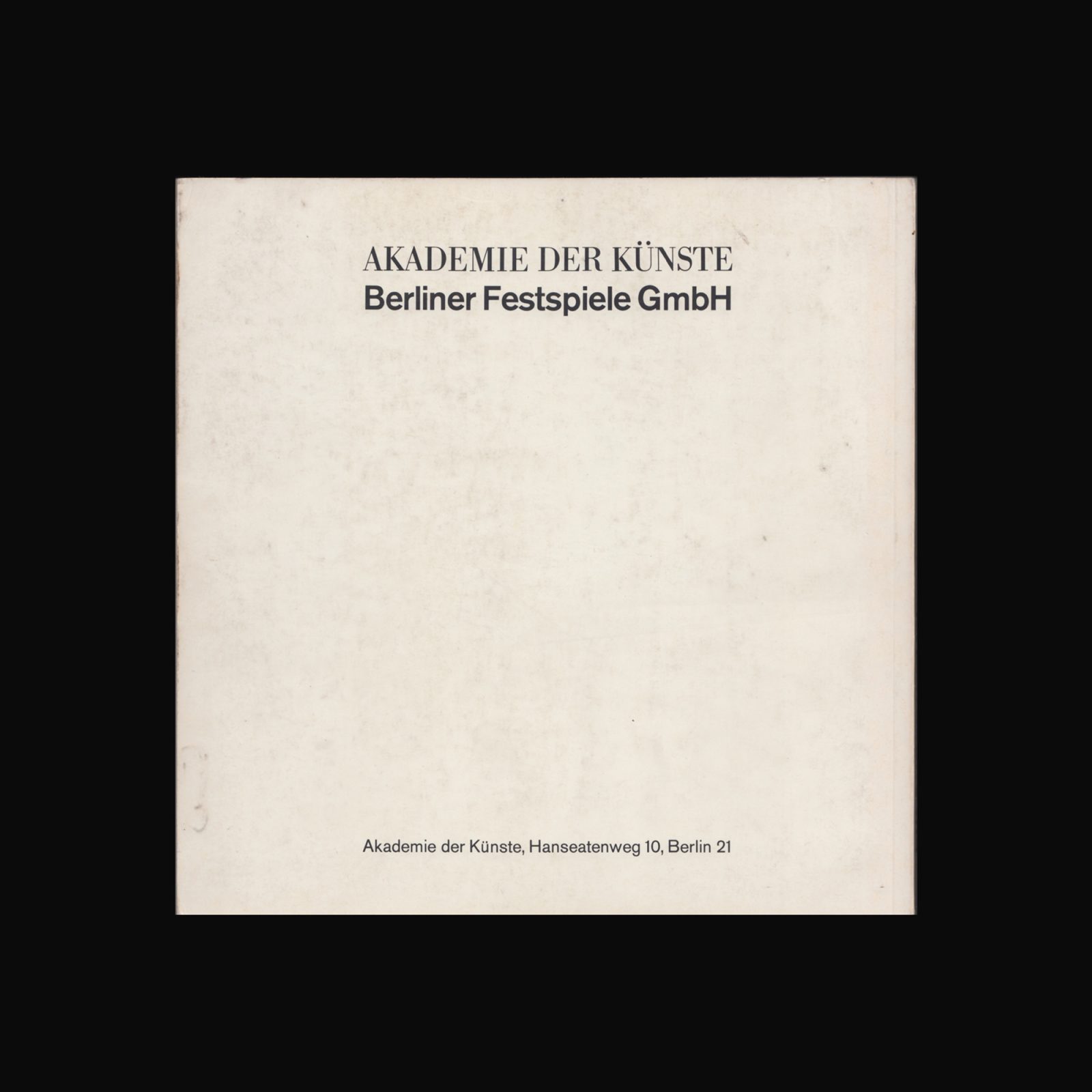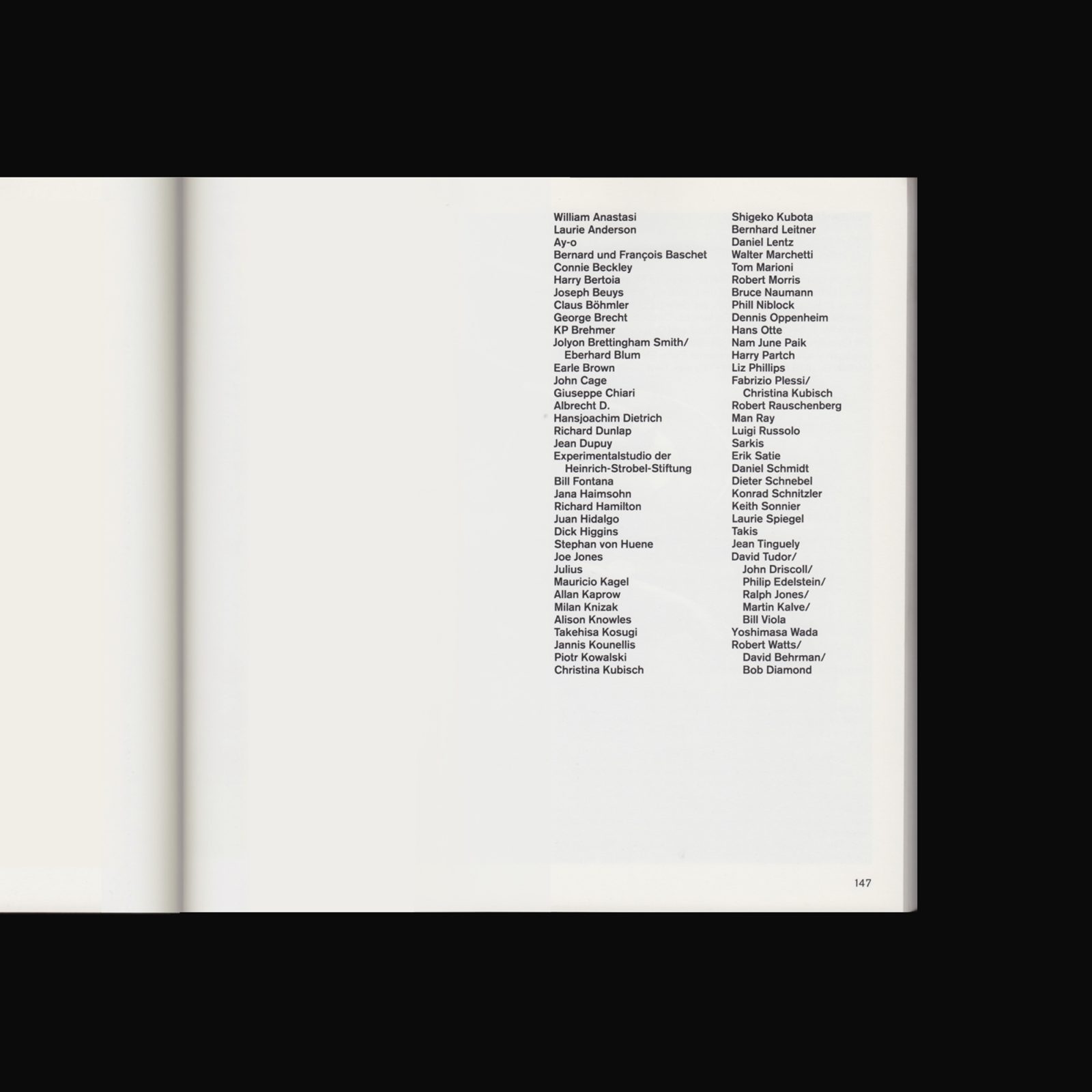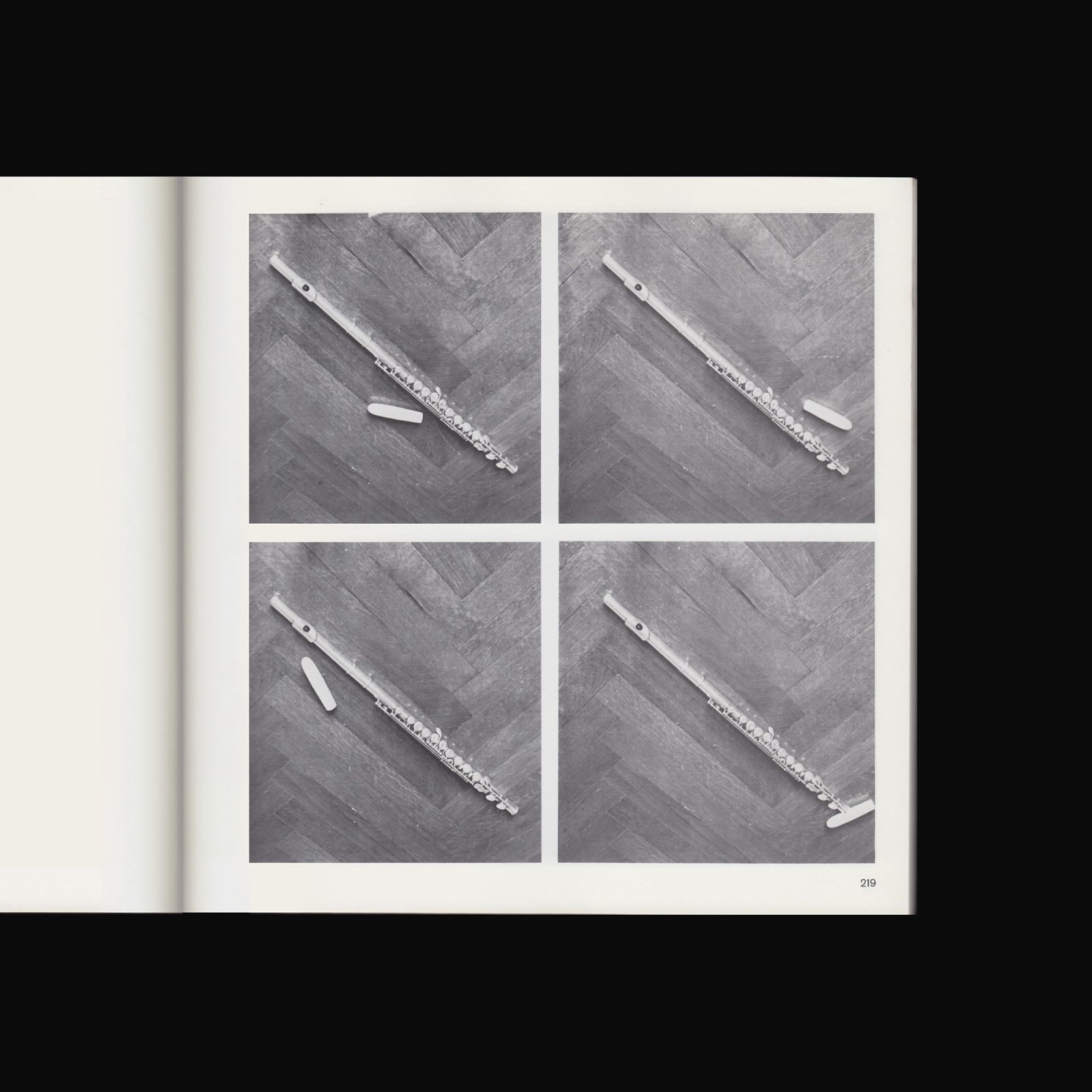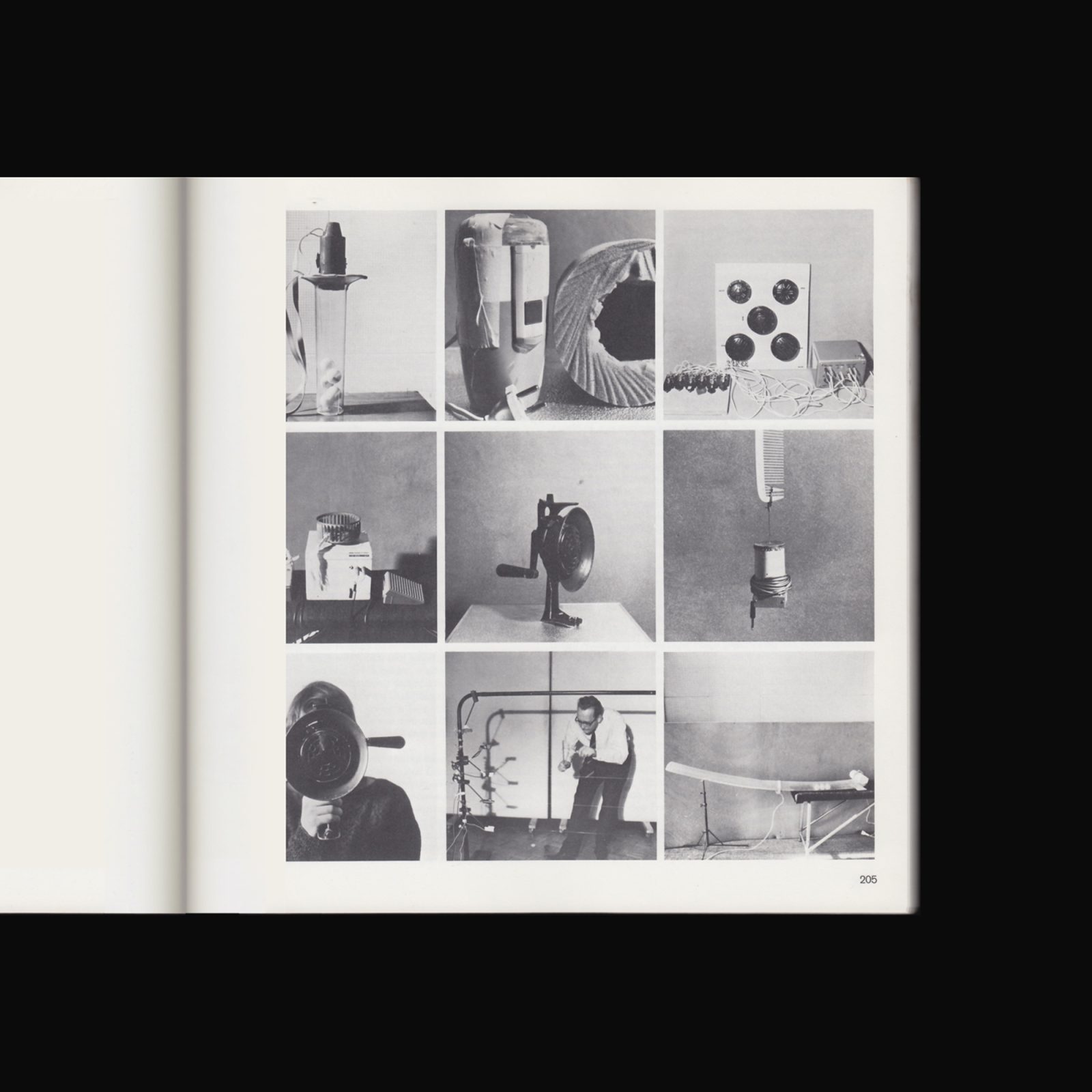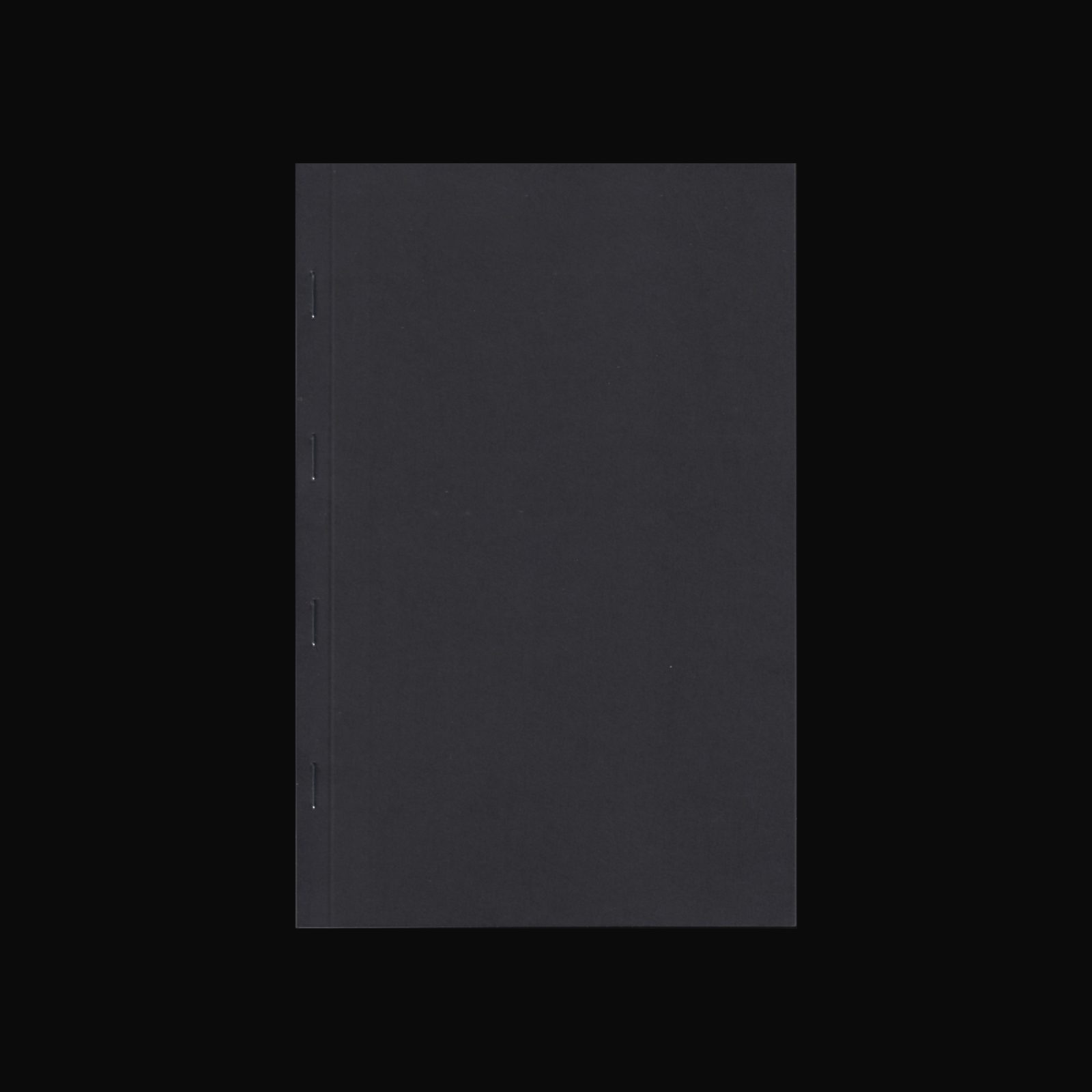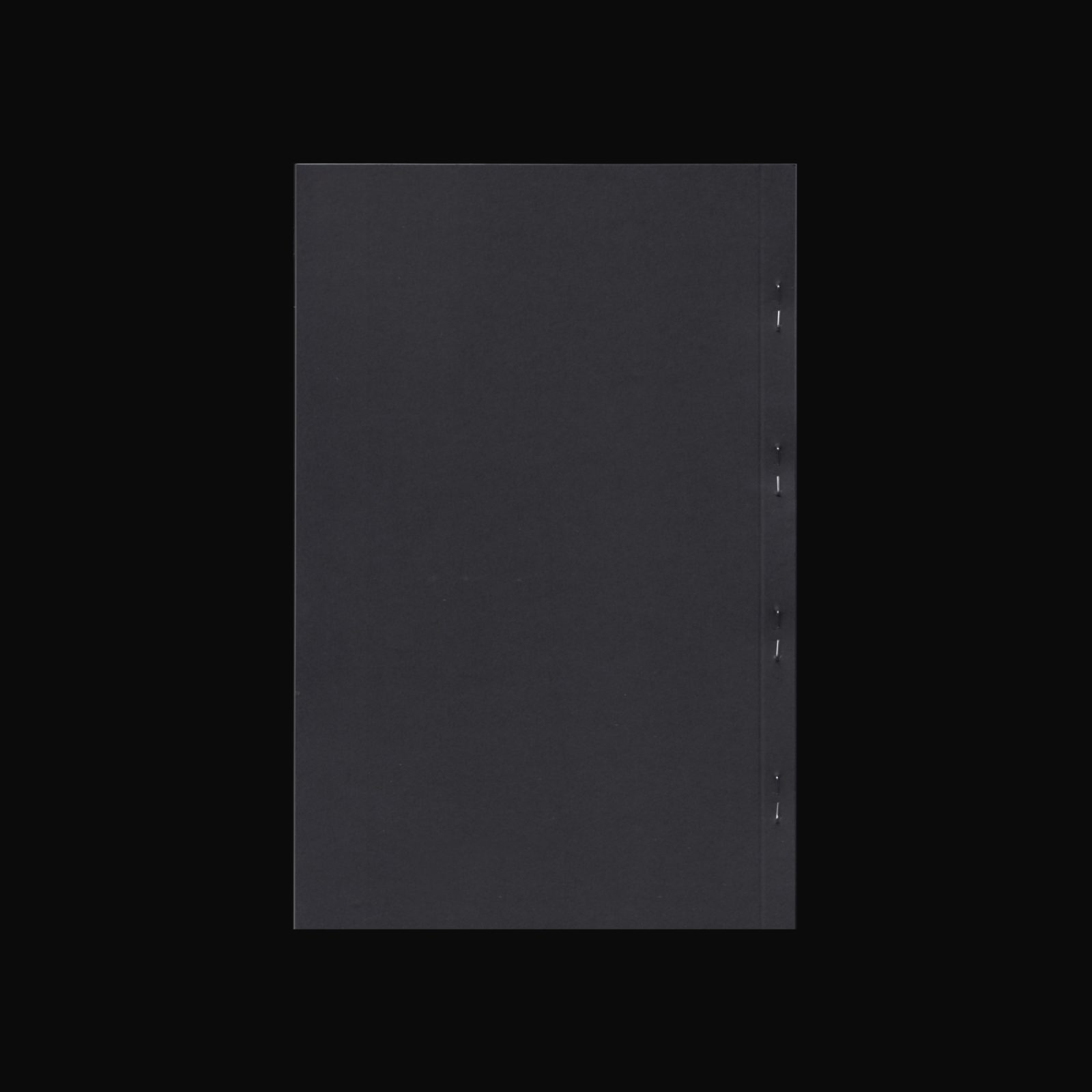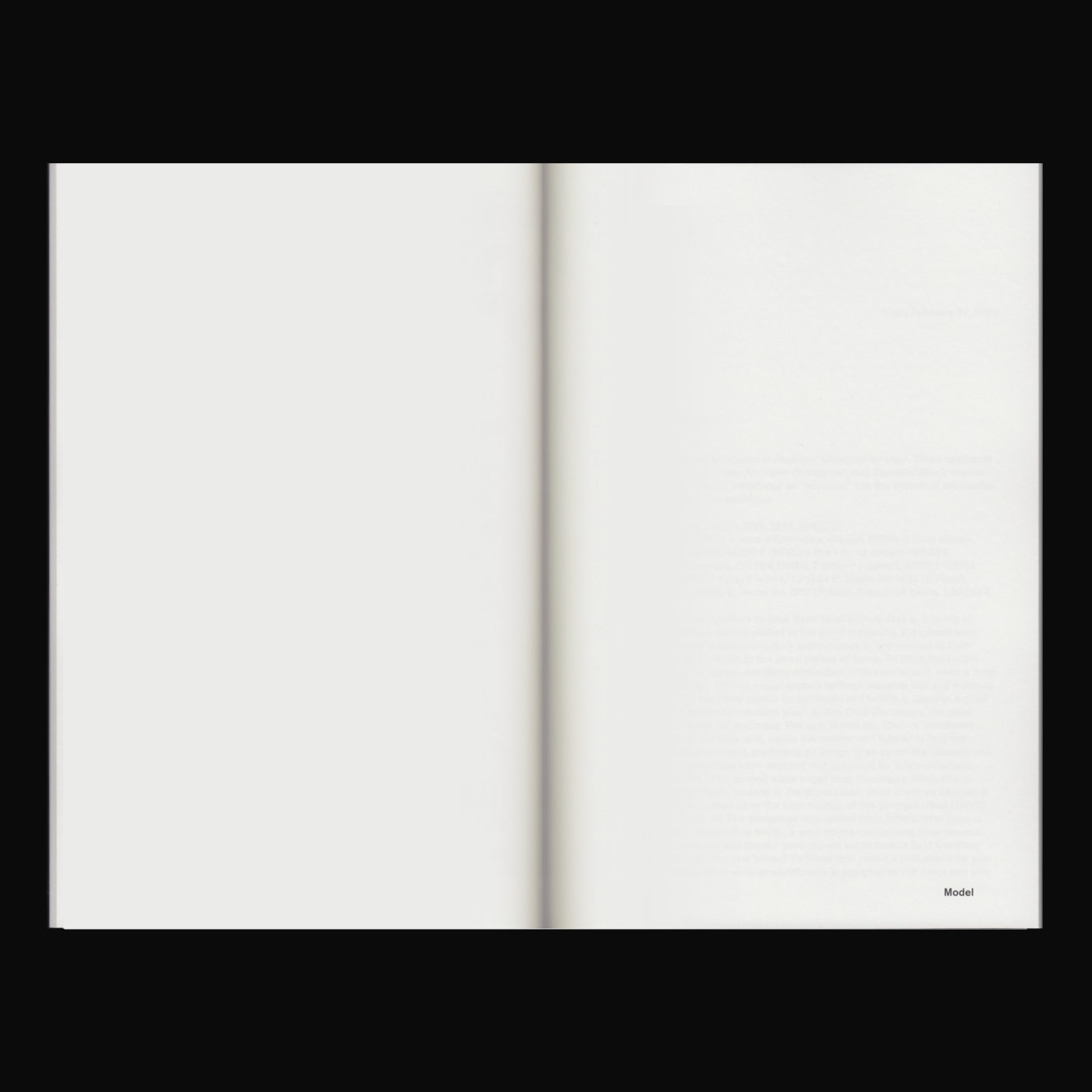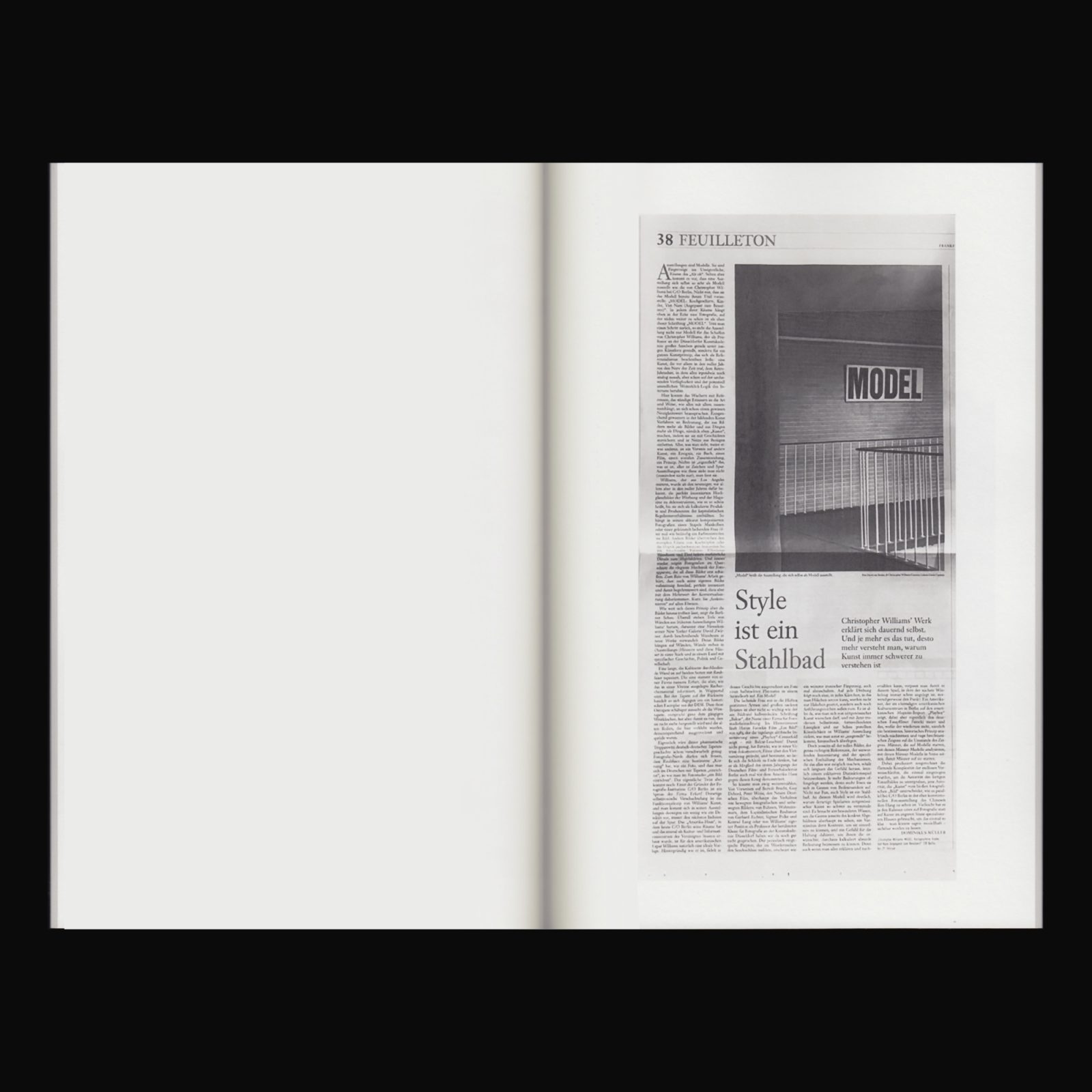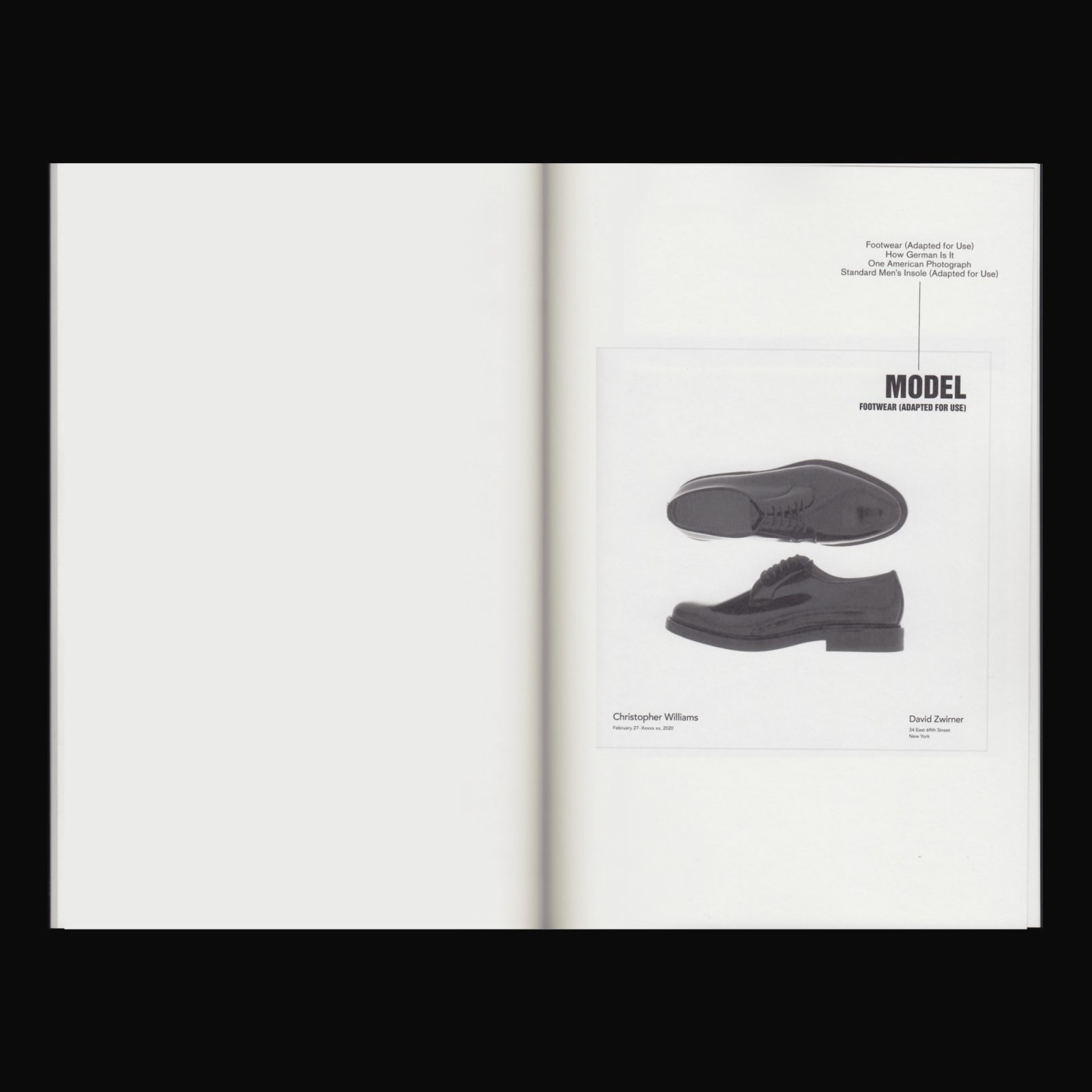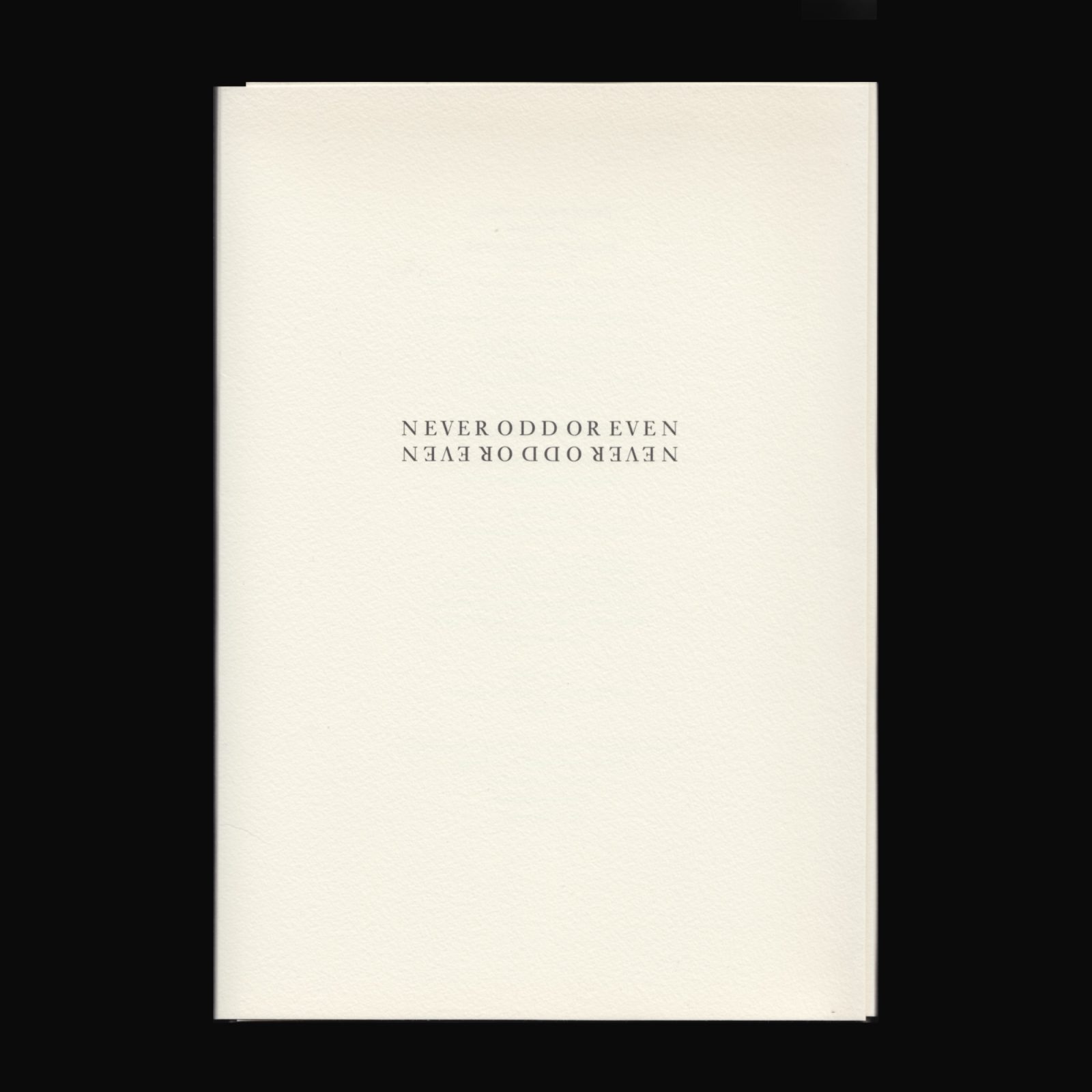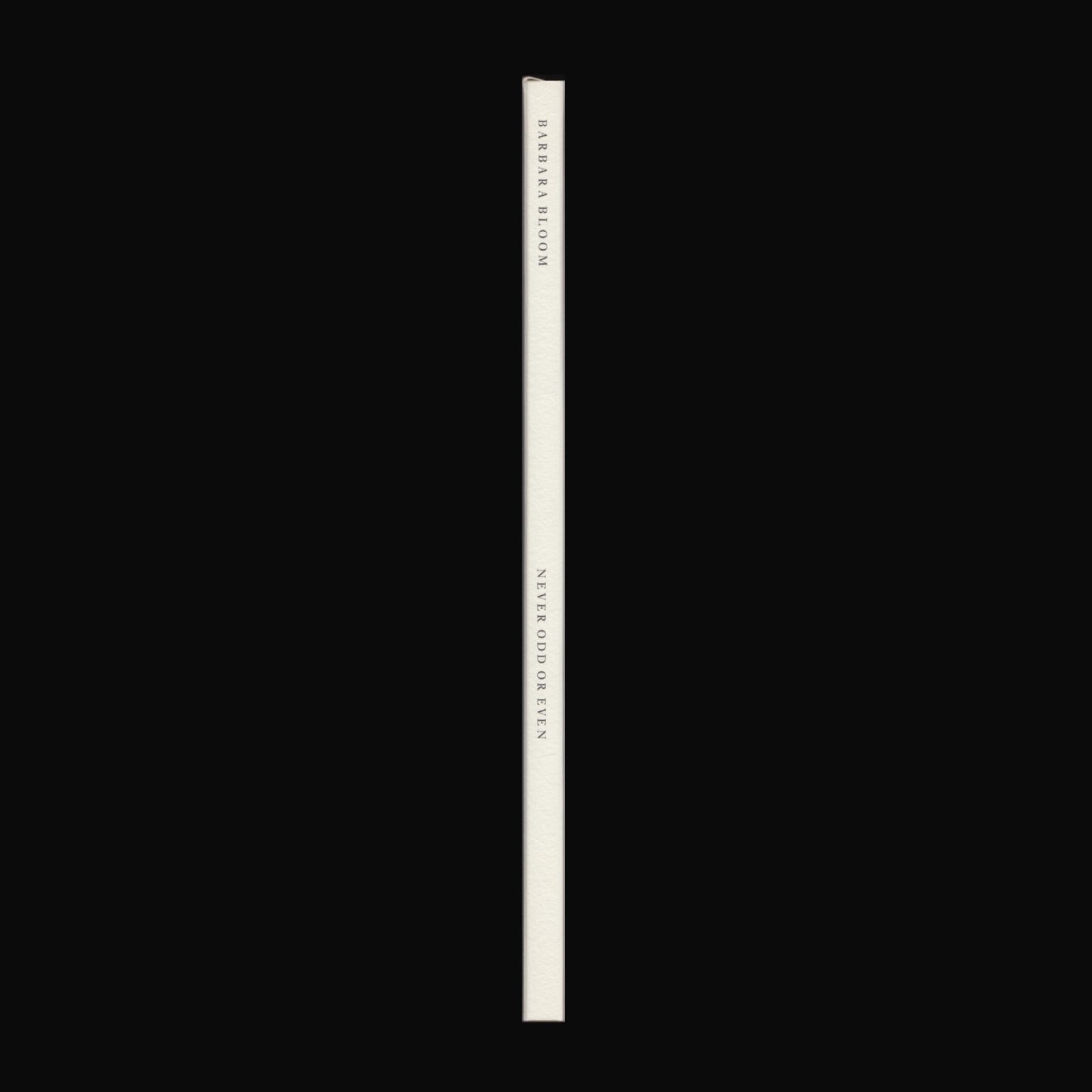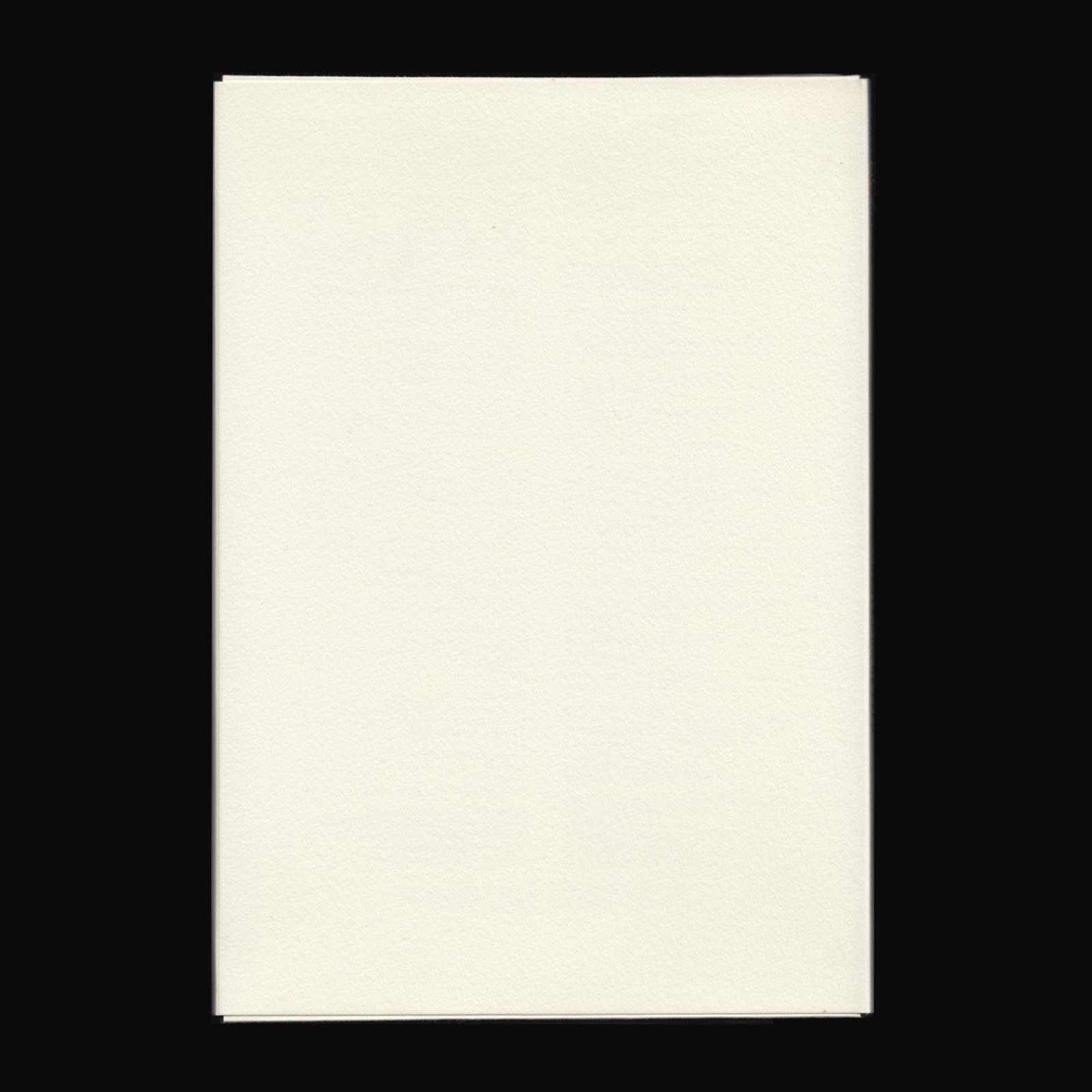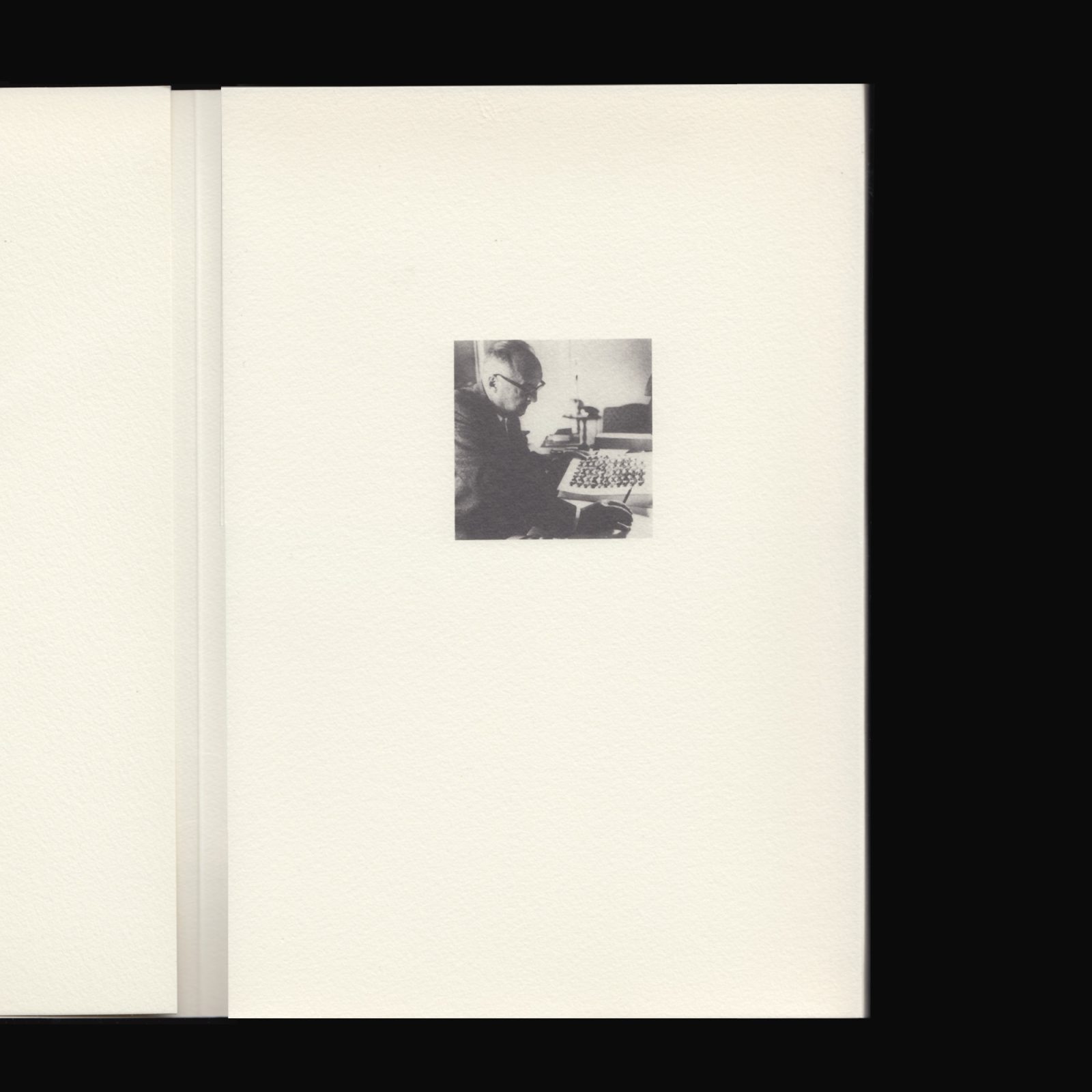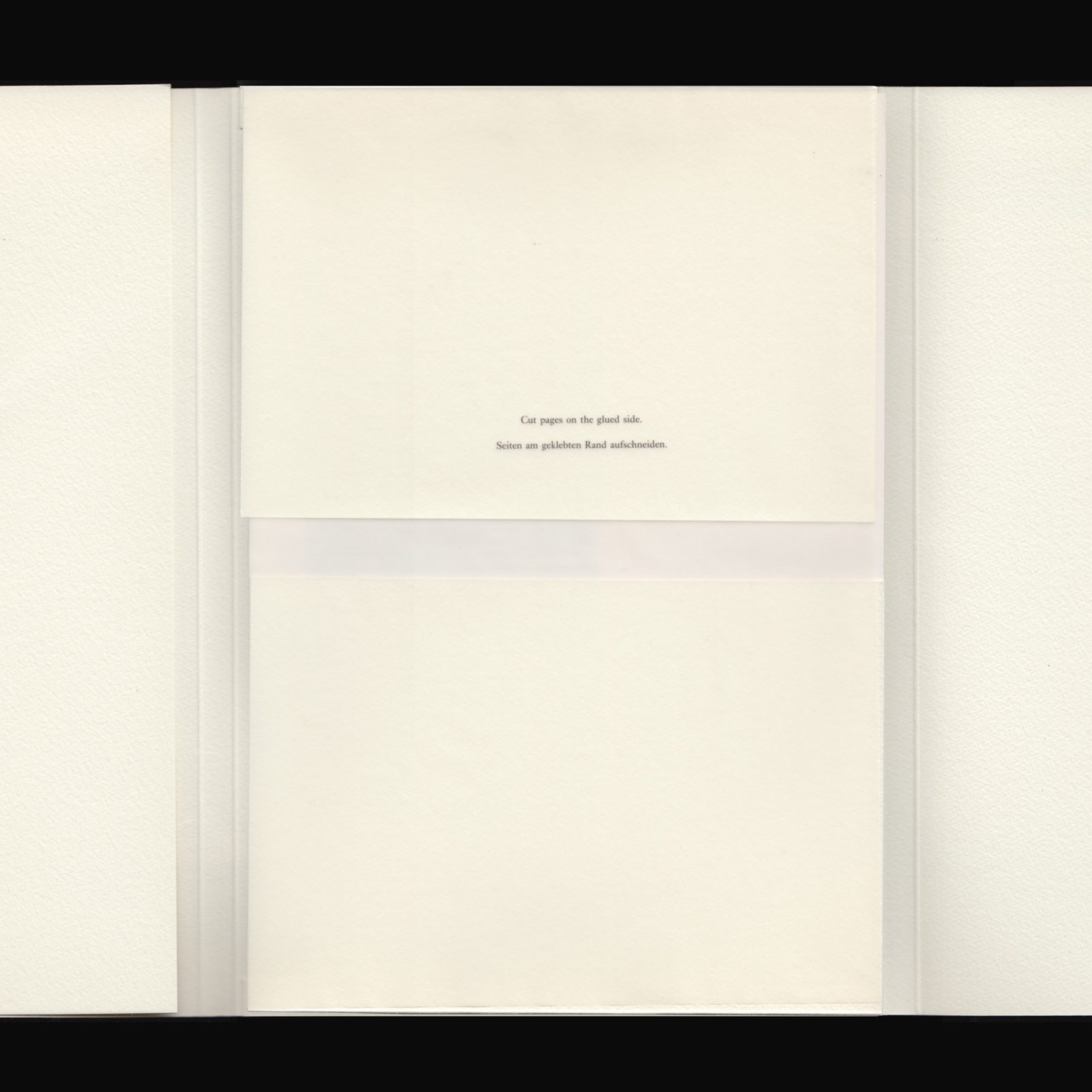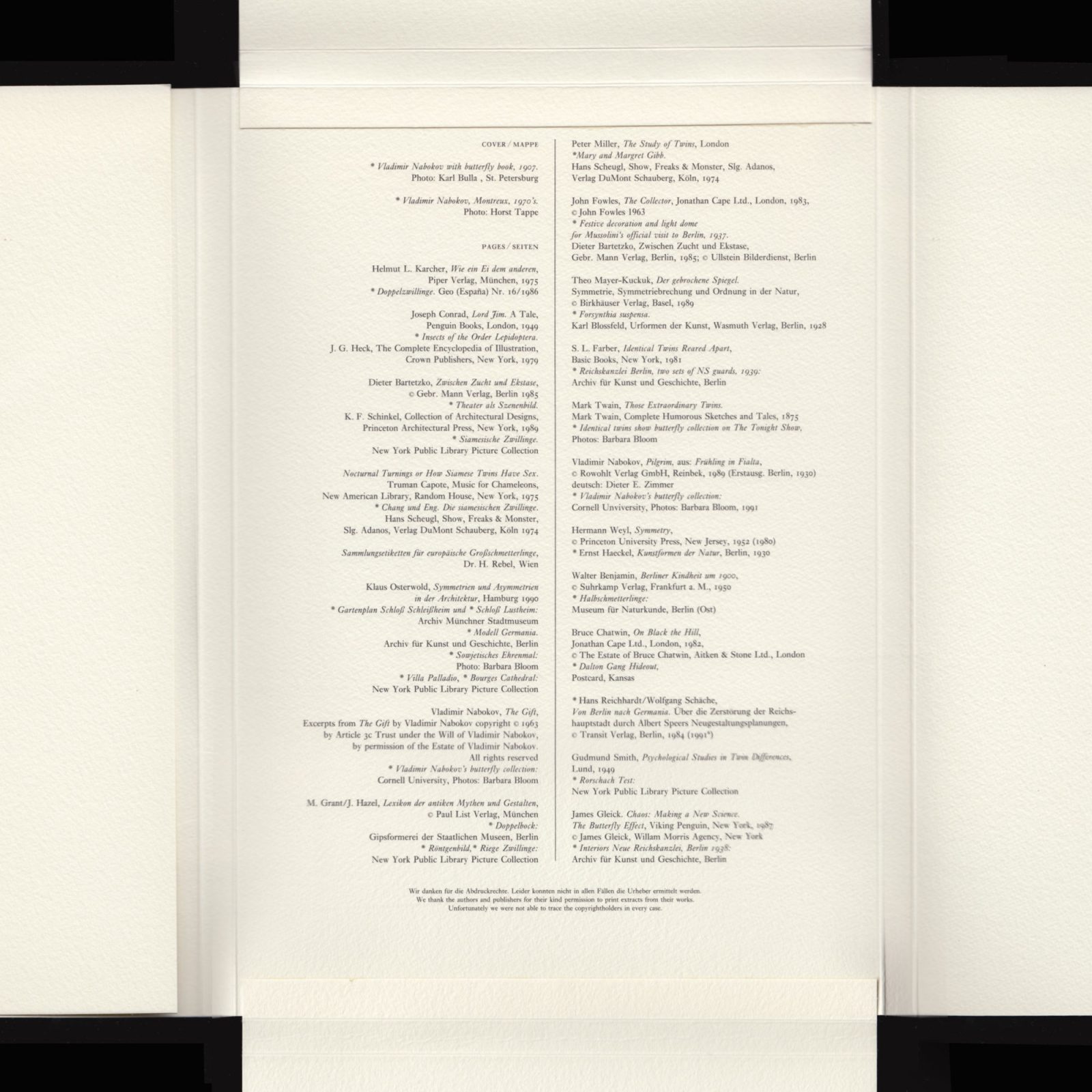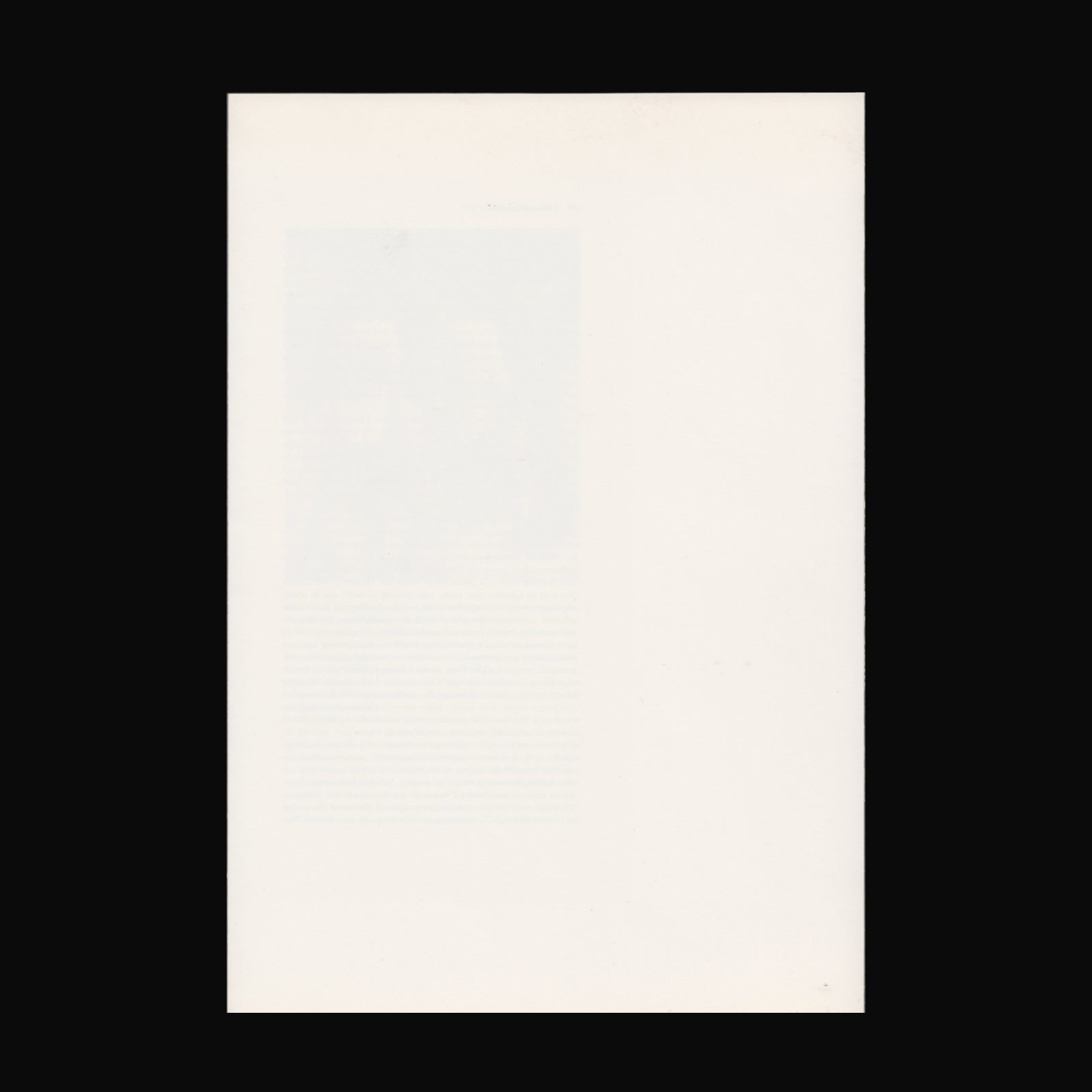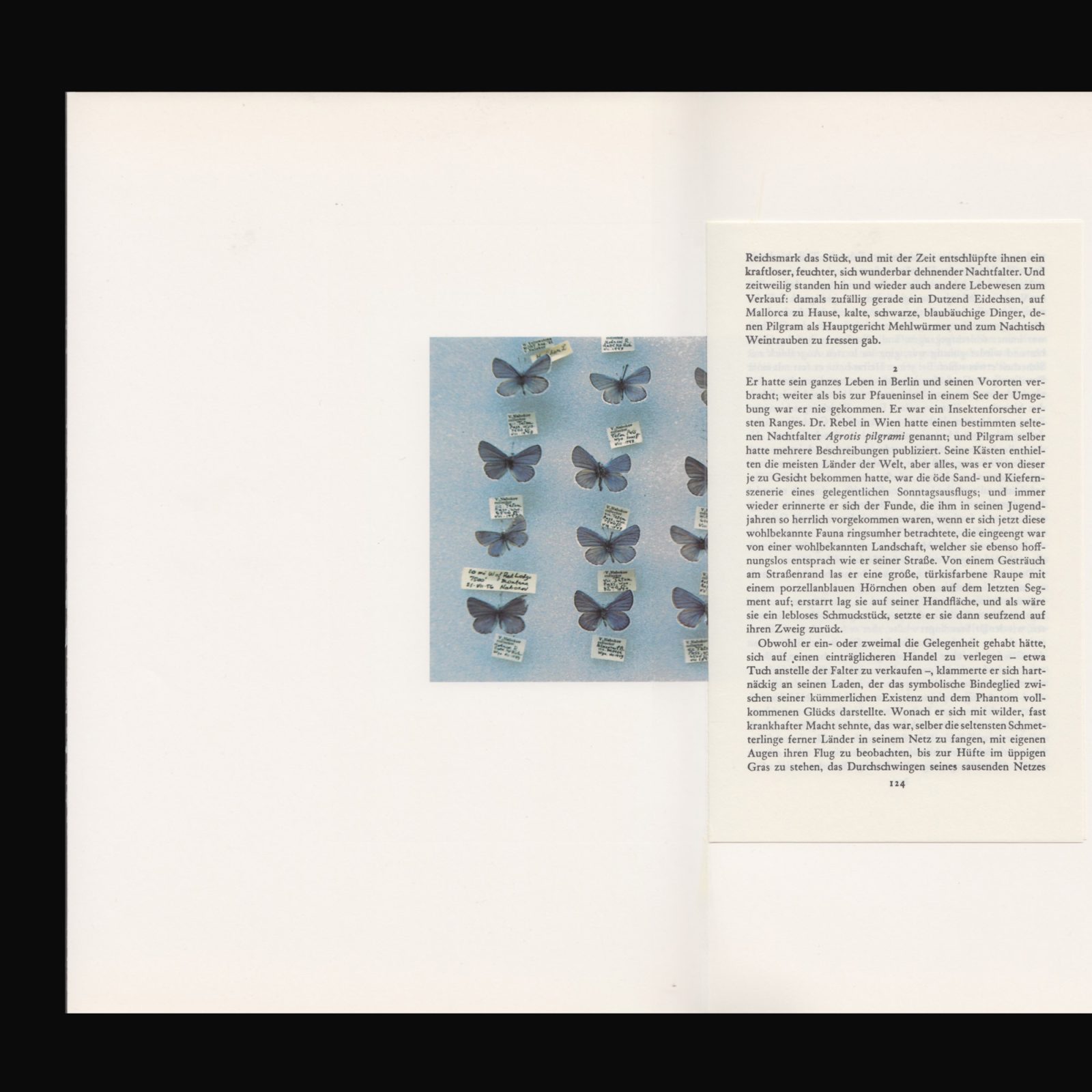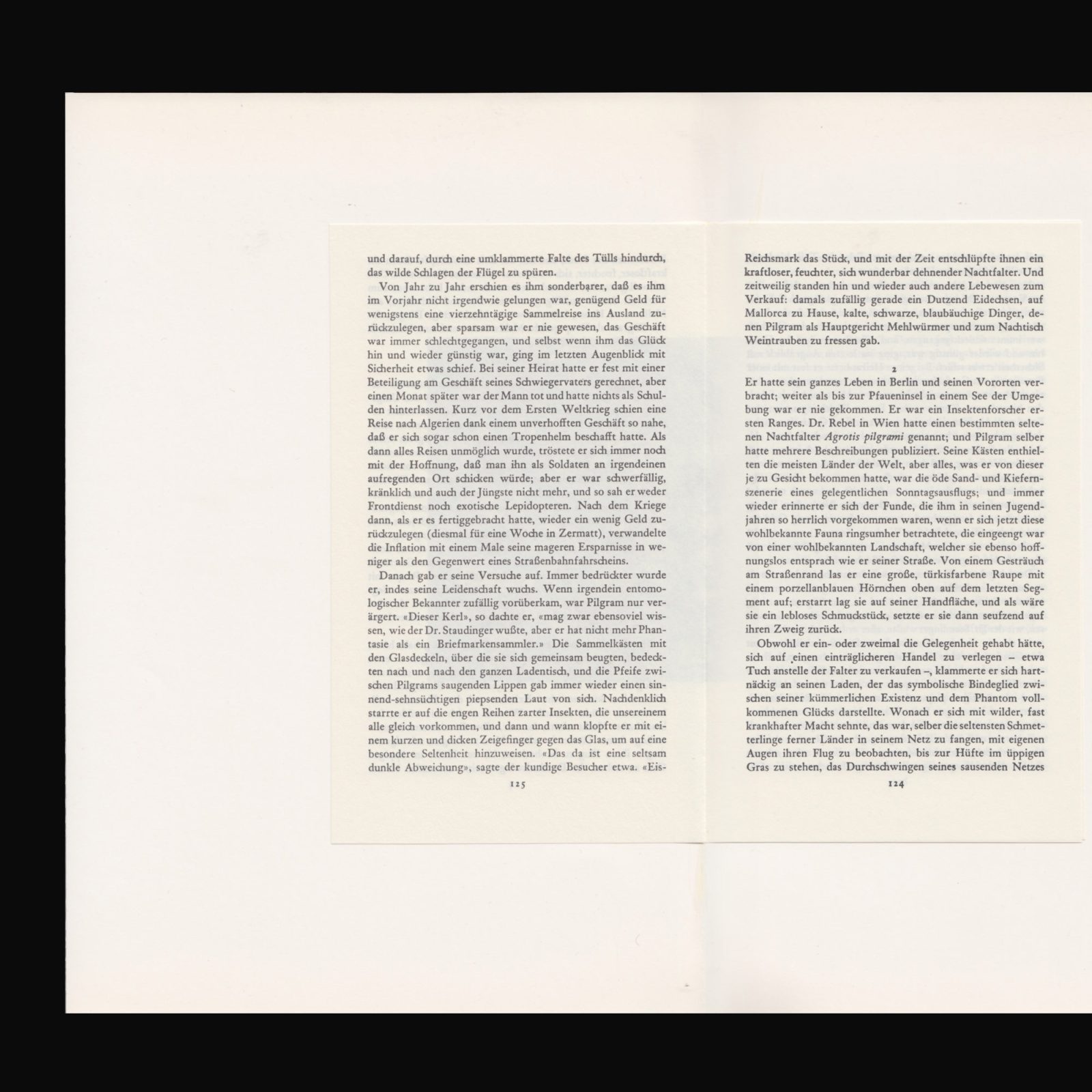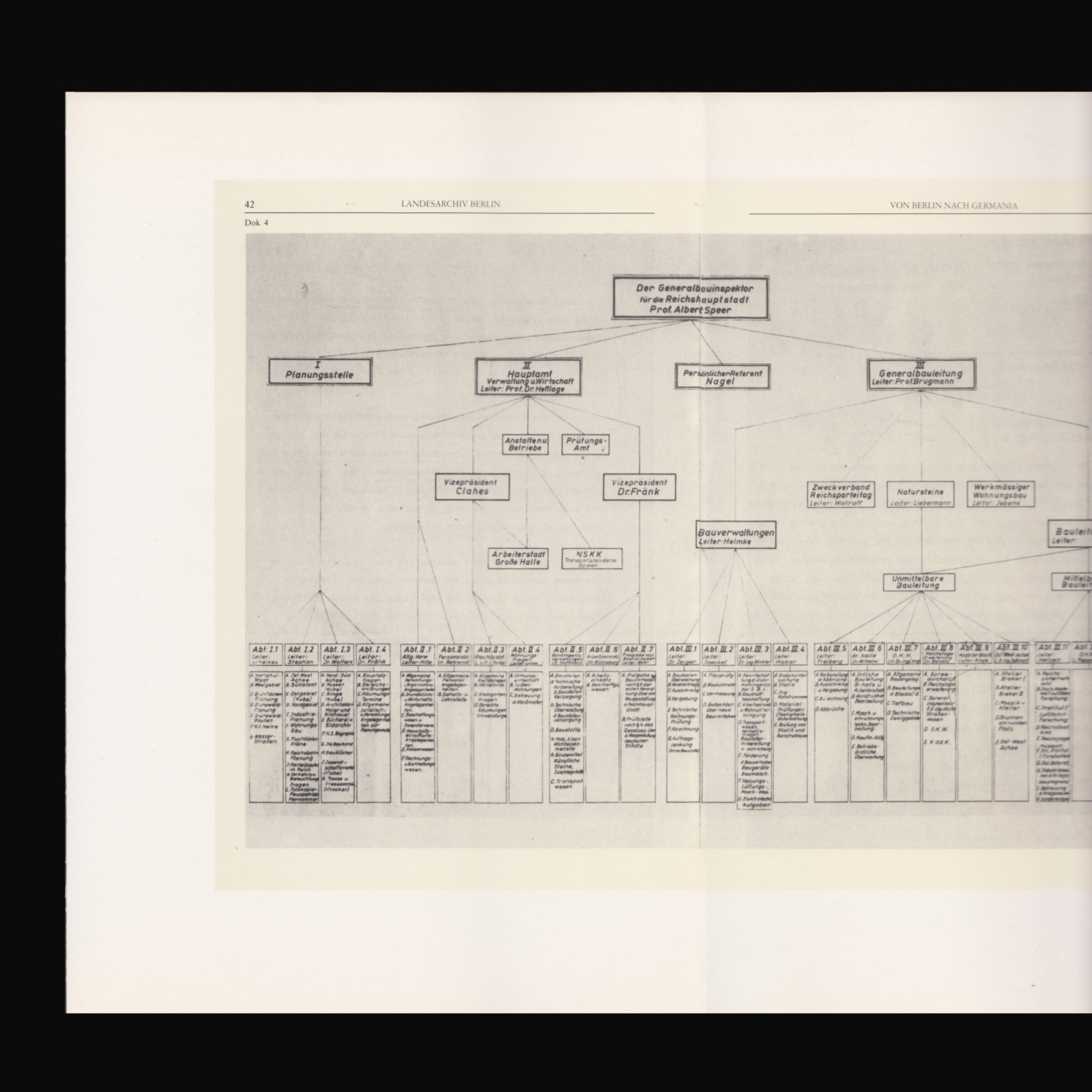God, I Don't Even Know Your Name
Andrea McGinty
Eva is a hot mess. When her promising art career in New York takes a plunge, she enters rehab and finds sobriety-but not peace of mind. She escapes to Europe and loses herself in one hook up after another using Bangly, the newest dating app. She meets a run-of-the-mill Finnish curator and thinks it’s love. Or is it just wanderlust?
God, I Don’t Even Know Your Name by Andrea McGinty is the third installment of New Lovers, a series of short erotic fiction published by Badlands Unlimited. Inspired by Maurice Girodias’ legendary Olympia Press, New Lovers features the raw and uncut writings of authors new to the erotic romance genre. Each story has its own unique take on relationships, intimacy and sex, as well as the complexities that bedevil contemporary life and culture today. These paperback editions pay homage to the classic covers of the Olympia Press novels. The “soft-touch” lamination and embossed lettering on the front covers make these novellas a precious edition to any library.
